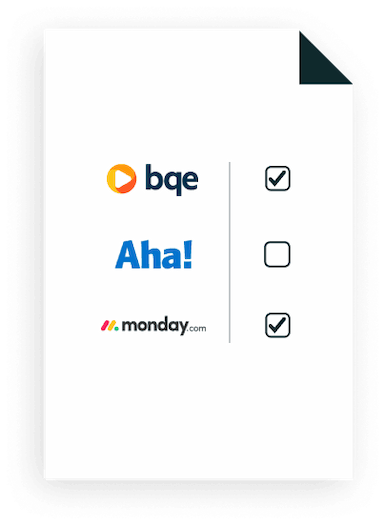Last Updated Oct 18, 2025
Overview
GitLab helps teams streamline development with built-in CI/CD, AI-powered code assistance, and integrated security testing. While some customization options are limited, most users benefit from its all-in-one simplicity. If you're after fewer tools, faster releases, and solid support, this software makes DevOps feel a lot more manageable.
Overall Rating
Based on 19 users reviews
4.5
Rating Distribution
Positive
100%
Neutral
0%
Negative
0%
Starting Price
Custom
GitLab Specifications
Time Tracking
Task Management
Reporting
Project Scheduling
What Is GitLab?
GitLab is an AI-powered DevSecOps platform that unifies the entire software development lifecycle in a single application. The software enables development teams to plan, build, secure, and deploy code collaboratively while maintaining enterprise-grade security standards. With native Continuous Integration (CI)/ Continuous Delivery (CD) pipelines, automated security scanning, and GitLab Duo AI assistance, organizations can accelerate development velocity while reducing toolchain complexity. The platform serves businesses of all sizes, from individual developers managing personal projects to large enterprises requiring advanced compliance capabilities and extensive collaboration features across distributed teams.
GitLab Pricing
The vendor offers three modular pricing plans, based on your business needs. These include:
For GiltLab.com and Self-Managed
- Free - $0/user/month
- Premium - $29/user/month (billed annually)
- Ultimate - Custom pricing
The Dedicated module has two pricing plans with custom pricing for its customers:
- GitLab Dedicated
- GitLab Dedicated for Government
Disclaimer: The pricing is subject to change.
GitLab Integrations
The software integrates with various third-party tools and systems. These include:
- Jira software
- Jenkins
- Slack software
- Elasticsearch
Who Is GitLab For?
GitLab is ideal for a wide range of industries and sectors, including:
- Finance
- Healthcare
- Technology
- Education
- Manufacturing
Is GitLab Right For You?
If you're seeking a unified platform that eliminates toolchain fragmentation while accelerating software delivery, this solution deserves serious consideration. Organizations struggling with disconnected development tools, security vulnerabilities discovered late in development cycles, or slow deployment processes will find value in its comprehensive approach. The platform's flexibility to scale from individual developers to enterprise teams, combined with its open-source foundation, provides both transparency and customization options rarely found in competing solutions.
Still doubtful if GitLab software is the right fit for you? Connect with our customer support staff at (661) 384-7070 for further guidance.
GitLab Features
GitLab incorporates GitLab Duo, an AI assistant that provides contextual code suggestions, generates test cases, explains vulnerabilities, and offers conversational support directly within the development environment. Developers can leverage AI capabilities to write code more efficiently, understand complex codebases faster, and resolve issues with intelligent recommendations.
The software delivers built-in continuous integration and deployment automation with configurable pipelines that trigger automatically upon code commits. Development teams can define multi-stage workflows, execute parallel jobs, and deploy to multiple environments with rollback capabilities.
The platform integrates comprehensive security testing directly into development workflows, including static application security testing, dependency scanning, container scanning, and license compliance checks. Automated vulnerability detection identifies security risks early in the development cycle, providing detailed remediation guidance and tracking fixes through completion.
The software provides robust supply chain security features including dependency management, software bill of materials generation, and vulnerability tracking across third-party components. Organizations can monitor license compliance, detect malicious packages, and ensure integrity throughout the software supply chain.
This feature offers comprehensive analytics and reporting capabilities including value stream analytics, DevOps metrics dashboards, and custom reporting for tracking team performance. Stakeholders can measure cycle times, deployment frequency, lead times, and change failure rates to identify bottlenecks and optimization opportunities.


